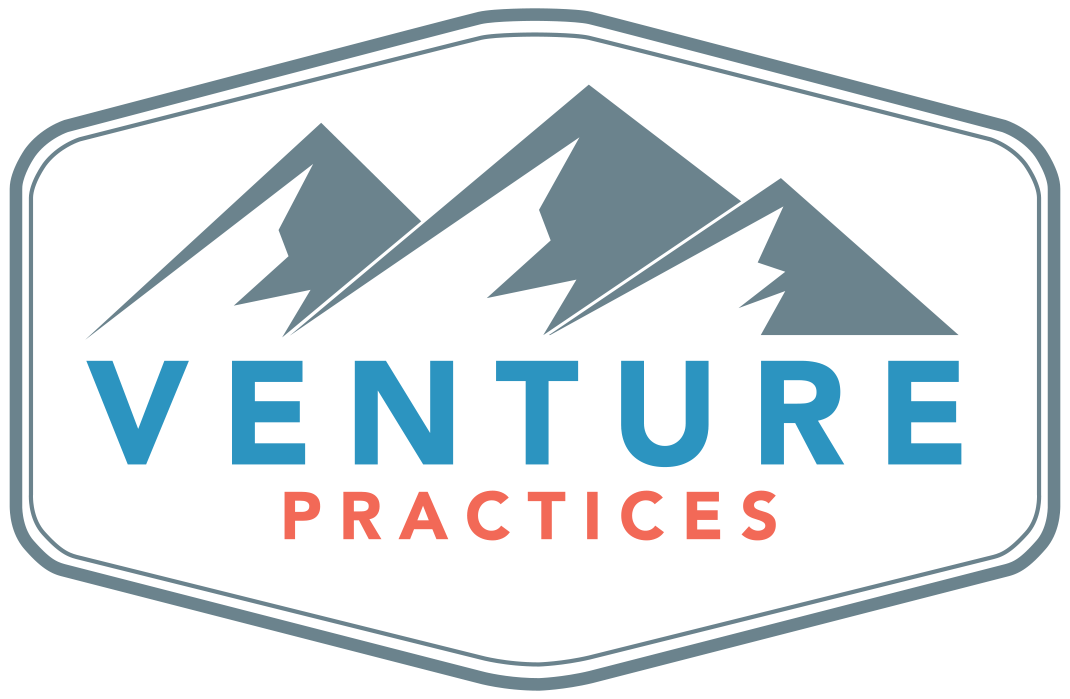
Holding Productive Meetings
A good meeting creates cohesion, provides clarity, and improves communication. So why are meetings so dreaded? This is likely because they are boring, lack focus, and tend to drag out longer than they should.
Here are some of our best tips to improve the meeting culture within your organization.
Schedule In Advance
It is important to clearly communicate your meeting expectations. Are your meetings during lunchtime? Will lunch be provided? Clear communication eliminates uncertainty.
Posting the meeting date and time in advance will allow those invited to participate, giving them time to prepare for the meeting and clear any potential conflicts that may interfere.
Ensure that everyone involved is present and on time. There is nothing worse than having someone show up late or not showing up for a meeting at all. When this happens, it conveys a message that the meeting isn’t a priority.
Some leaders create a meeting topics board and post it in the break room, allowing each member to anonymously add a topic to discuss. When you create a workplace culture that creates a safe environment for team members to actively participate, they are more productive and create viable solutions that benefit the team as a whole. It also shows that you value and respect your team member’s input.
Stay Consistent, Prepare an Agenda, & Celebrate Wins!
Staying consistent with your meeting frequency helps build the foundation for productive and effective meetings. Meeting regularly with your team monthly increases engagement and collaboration.
Preparing an agenda for meetings is important because it helps keeps everyone focused and on the same page. While you should discuss company objectives, allow time to address problems, create solutions, discuss company growth, and celebrate the wins together!
Meeting Dynamics
When led properly, meetings offer the opportunity to participate and provide input. When facilitating, it is helpful to ask questions and guide conversation to everyone feels as though their perspective and ideas are valued. We highly encourage you to thank individual team members for their contributions. Try to avoid conversations that may lead to criticism or diverting from the topic being discussed.
It can be beneficial to hold meetings in the morning when everyone is fresh and productive. Afternoon meetings can lead to less participation, and sometimes participants are not nearly as focused. Keeping the meeting to a minimum of an hour creates a time frame to adhere to so that everyone can return to their workflow without too much interruption.
Assign a Note-taker!
Assigning someone to take notes is necessary so that they can be used to refer back to or measure progress. If the meeting was coordinated for solving a problem, but a resolution wasn’t reached, it’s okay to document the suggestions that were made and come back to this at a later date. Sometimes solutions aren’t created immediately, and the team may need to connect at another time after the initial meeting to create a solution that will be effective. Provide closure with clear agreements and, if necessary, an action plan.
When successful and productive meetings take place, each team member should walk away with knowledge, as well as feel good about the outcome.
Interested in how Venture Practices can improve the communication and organizational health within your practice? Talk with one of our coaches!
Discover more articles on Leadership, Branding, and Team Development!
